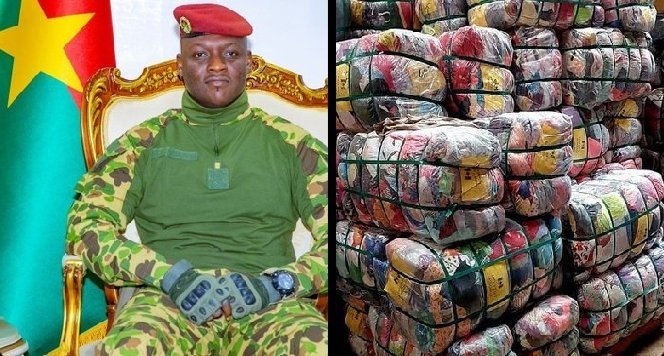Rwanda 🇷🇼 has officially joined Burkina Faso 🇧🇫 in banning the importation of second-hand clothing and footwear from Europe, in a decisive move aimed at revitalizing local textile and manufacturing industries.
Authorities in Kigali say the policy is designed to protect domestic production, stimulate job creation, and reduce reliance on foreign goods, particularly those that undercut local businesses.
“This decision is part of a long-term strategy to build economic self-reliance and promote national pride in locally made products,” a Rwandan government official said.
The move comes amid increasing concerns across Africa about the impact of used clothing imports on fledgling local industries. Many second-hand clothes, often donated or discarded in Europe and North America, are sold cheaply across African markets—making it difficult for local manufacturers to compete.
Rwanda’s new policy aligns with the goals of the African Continental Free Trade Area (AfCFTA), which emphasizes intra-African trade and industrialization. Officials say the government is committed to supporting small and medium enterprises (SMEs) in the textile sector, offering incentives for local garment production and creating new jobs, especially for the youth and women.
Burkina Faso implemented a similar ban earlier this year, and more African nations are reportedly considering the same approach as part of a continental push for economic sovereignty.
As implementation begins, Rwanda is expected to roll out public awareness campaigns encouraging citizens to buy Rwandan, while also ensuring that affordable, quality local alternatives are available to meet demand.
The move is seen by analysts as a bold step toward reshaping Africa’s economic narrative—from consumption to production.



